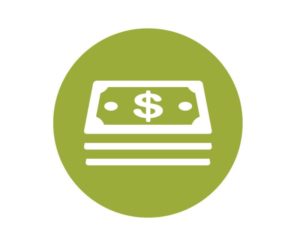HYPR is planning to double its employee headcount after bringing in $35 million in Series C funding. The round was led by Advent International, which joins a list of existing backers that includes RRE Ventures, Alumni Ventures, Top Tier Capital, Samsung NEXT, and Mastercard. HYPR has now collected more than $70 million in total funding, factoring in $8 million in 2017 Series A funds and the $18.3 million in Series B support the company received two years later.

HYPR is hoping that the new capital will help the company meet the growing demand for secure passwordless solutions in the wake of COVID-19. The company noted that passwords are the most common cause of data breaches, and that corporate networks are particularly vulnerable in a remote work environment in which employees may be logging in from unverified devices.
With that in mind, HYPR will be pitching its True Passwordless MFA solution to organizations that are looking to move away from password-based security. In that regard, the company indicated that it will use its Series C funds to accelerate its global go-to-market strategy.
“Removing passwords for customers and employees eliminates a critical cybersecurity vulnerability, lowers IT support costs, and improves the overall user experience,” said Advent Principal Ashwin Krishnan. “HYPR has proven its ability to deliver for a large and diverse group of customers. We believe the company is well-positioned for continued growth.”
“The shift to remote work has propelled passwords to the top of every security organization’s list of priorities,” added HYPR Co-Founder and CEO George Avetisov. “This investment will expand our product delivery as we empower companies across the globe to go passwordless.”
In October, HYPR launched a new Velocity Partner Program in an effort to boost sales of its platform. More recently, it updated its Cloud Platform to add a new login feature that uses QR codes to let employees log into any machine tied to their corporate network. The company’s annual recurring revenue is up 300 percent since it closed its Series B funding round in 2019.

Follow Us